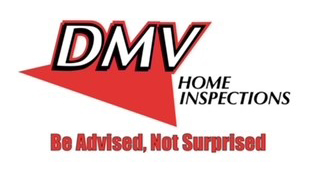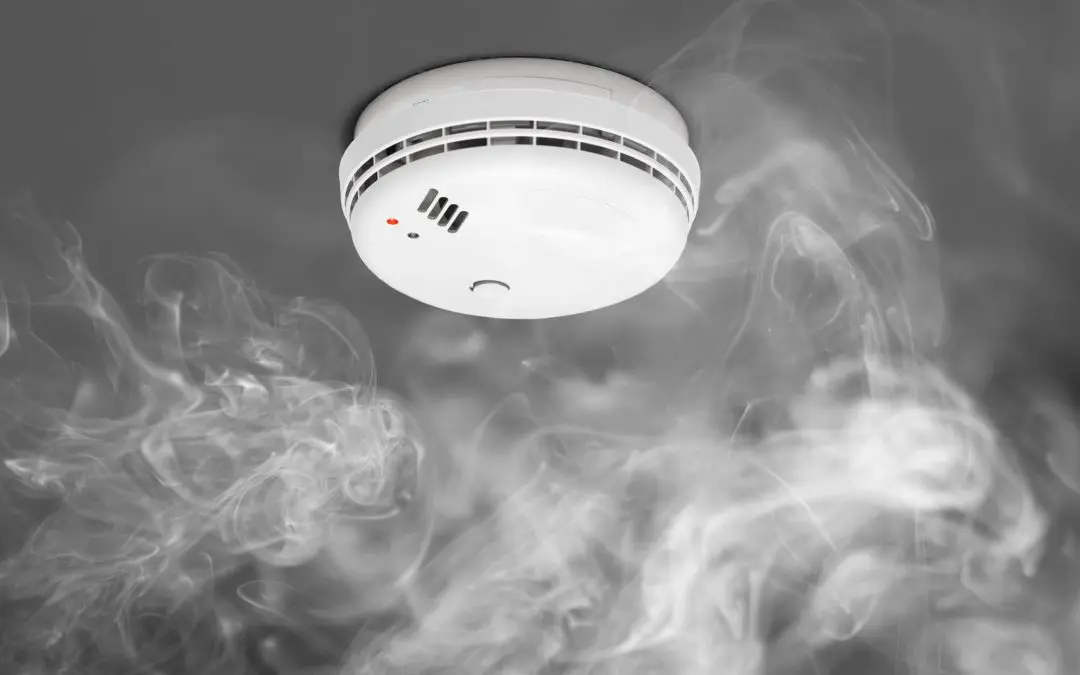House fires can seem to happen out of nowhere. They don’t care about your schedule, your mortgage, or your plans for the weekend. One moment everything looks fine, and the next you’re watching smoke pour out of your roof while the fire department tries to save what’s left. Most house fires aren’t freak accidents; they’re preventable. And the mistakes that cause them are usually hiding in plain sight. A little maintenance, a few quick fixes, and some basic awareness will prevent a house fire and keep your home from turning into a headline.
The Silent Offenders You Ignore Daily
You probably already know not to leave candles burning near curtains or toss a dish towel on a hot stove. But the most common fire hazards don’t look dangerous until it’s too late.
Dryers packed with lint. Extension cords buried under rugs. Old appliances that quietly overheat. Wiring that hasn’t been inspected in decades. These are the kinds of things that might start a house fire. They’re easy to overlook and even easier to ignore—until they cost you everything.
Your HVAC system, attic wiring, and even light fixtures can spark problems if they’re outdated or installed wrong. And just because something “seems fine” doesn’t mean it is.
Kitchens Lead the Pack—Here’s Why
The kitchen is still the #1 source of house fires. It’s a space built for open flames, hot surfaces, and electricity. Combine that with distractions, grease buildup, and people walking in and out, and it’s no wonder so many fires start there.
Keep an eye on the stove while cooking. Clean your range hood filter. Watch where you store flammable items. And if you’ve got an old oven or a microwave that smells weird when it runs, don’t wait for it to catch fire—replace it.
Electrical Fires Start Behind the Walls
If your home’s electrical system is older than your car, it’s time to take a closer look. Breakers that trip constantly, flickering lights, outlets that feel warm—none of those are just “quirks.” They’re red flags.
Electrical issues often start small. But once they heat up behind a wall or in the attic, they can spread before you even know something’s wrong. A licensed inspector can spot these risks before they cost you your house. Don’t assume your wiring is fine just because the lights turn on.
You Can’t Skip Maintenance and Expect to Prevent a House Fire
Fire prevention is a long game. It’s about keeping small problems from becoming disasters. Cleaning dryer vents, inspecting smoke detectors, trimming trees away from your roof, and servicing your HVAC system are basic jobs that make a huge difference.
If you’re not sure where to start, a home inspection is one of the smartest moves you can make. It’s not just for buying or selling. It’s a way to get an expert set of eyes on the parts of your home you don’t check—especially the ones that could burn it down.
Insurance Won’t Cover What Prevention Can
Insurance might help rebuild your home, but it won’t replace everything you lose. Family photos, keepsakes, handwritten notes from your grandparents—those don’t come back. Neither does the peace of mind you had before watching fire trucks pull into your driveway.
Preventing a house fire costs way less than recovering from one. It’s a short checklist, a few appointments, and a little common sense. That’s it. But ignoring it? That can get expensive, fast.
FAQs to Help Prevent a House Fire
What’s the most common cause of house fires?
Cooking equipment—especially unattended stoves—is the leading cause of house fires in the U.S.
How often should I clean my dryer vent?
At least once a year. More often, if you do laundry frequently. Lint buildup is one of the most overlooked fire hazards in homes.
How do I know if my wiring is a problem?
Watch for flickering lights, outlets that are hot or smell burnt, or breakers that trip repeatedly. These are all signs that your electrical system needs attention.
Do smoke detectors really make that much difference?
Yes. Working smoke detectors cut the risk of dying in a home fire by more than half. Test them monthly and replace the batteries at least once a year.
Is a home inspection helpful even if I’m not selling?
Absolutely. A good home inspector can catch fire risks before they turn into costly damage. It’s a smart way to protect your investment.
What should I do right now to reduce fire risk?
Check your smoke detectors. Clean your dryer vent. Walk your home and unplug things that don’t need to be. Then schedule an inspection if you haven’t had one in years.
DMV Home Inspections provides professional home inspections in the Washington DC, metro area. Contact us to request our services.

